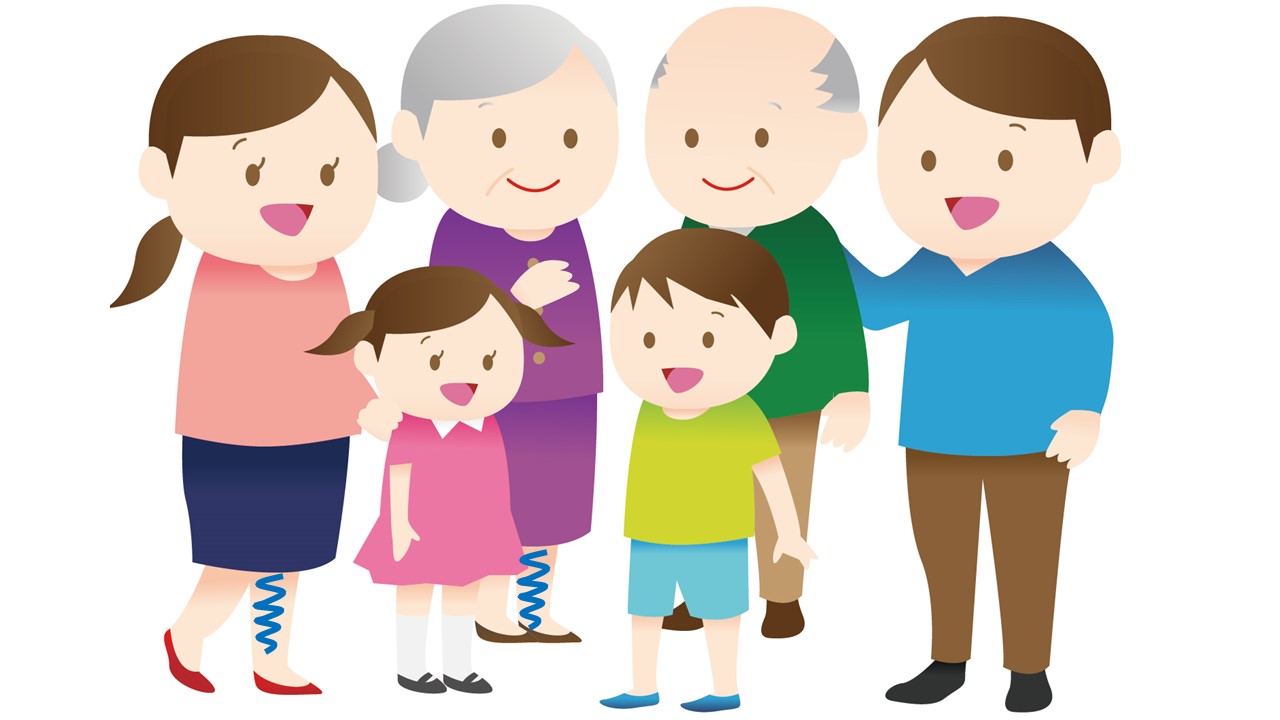Do Varicose Veins Run in Families? Genetic Factors and Prevention Methods
Varicose veins are a condition where the veins in the legs become enlarged and bulging. This disease is not only a cosmetic issue but can also cause leg fatigue and pain. A common question regarding varicose veins is, “Do they get passed down from parent to child?” In this article, we’ll explain the genetic factors and prevention methods related to varicose veins.
Is There Heredity from Parent to Child?
It is known that genetic factors play a role in the development of varicose veins. According to statistics, if both parents have varicose veins, the chance of the child inheriting the condition is 90%. If only one parent has varicose veins, the chance is 62% for girls and 25% for boys.
Additionally, even if neither parent has varicose veins, they can still be present in previous generations, such as grandparents. Therefore, if you have family members with varicose veins, you should be mindful of the higher genetic risk.
Risk Factors Beyond Genetics
However, genetics is not the only cause of varicose veins. Lifestyle factors, occupation, pregnancy, and obesity also play significant roles in the development of the condition. Jobs that involve standing or sitting for long periods can cause blood to pool in the legs, increasing pressure on the veins and worsening symptoms.
During pregnancy, hormonal changes and increased body weight can place extra strain on the veins, making varicose veins more likely to develop. Pregnant women should be especially cautious and take early preventative measures.
Prevention: Breaking the Cycle of Inheritance
While genetic factors increase the likelihood of varicose veins, it’s not a certainty. By taking the right preventative steps, you can reduce your risk. Here are some key measures to help prevent varicose veins:
1. Incorporate Exercise: Strengthening your leg muscles helps improve blood flow in the veins and prevents varicose veins. Incorporating moderate exercises such as walking or swimming into your daily routine is beneficial.
2. Avoid Prolonged Standing or Sitting: It’s important to move your legs and take breaks regularly to avoid blood pooling in the legs.
3. Maintain a Healthy Weight: Obesity places additional strain on your veins, so maintaining a healthy weight is key to prevention.
4. Use Compression Socks (Elastic Stockings): If you have a high genetic risk or are pregnant, wearing compression socks is recommended. They improve blood circulation and help prevent the onset of varicose veins.
Conclusion
While varicose veins often have a genetic component, adopting the right preventive measures can reduce your risk. To avoid the burden of varicose veins in families, early care and lifestyle adjustments are crucial. If you experience leg swelling, pain, or notice bulging veins, it’s important to consult a specialist early on and receive appropriate treatment.




